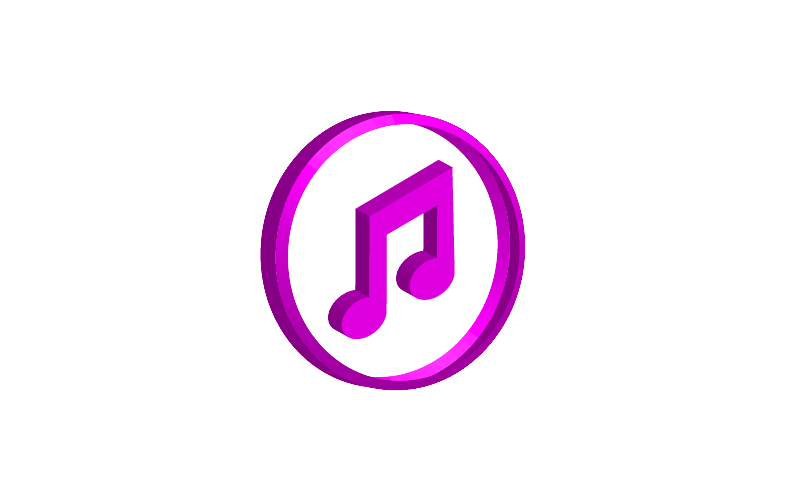With the advent of music streaming, catalogs of music have been made more accessible to a greater number of people in the United States, and it is slowly contributing itself to independence in our tastes and most successful songs.
To gauge the extent of streaming this year, there have been over 184 billion on-demand audio streams reported from music streaming services like Spotify and Apple Music since the beginning of 2017, a 62% increase from the same time in 2016, according to Nielsen.
This news comes after it was reported that on-demand audio streaming’s share of music consumption reached 38%, and had surpassed those of digital sales in 2016. It is highly probable that streaming’s share could rise even further by year’s end given Nielsen’s 2017 mid-year findings.
Russ Crupnick, managing partner at music market research firm MusicWatch, details one reason why the streaming phenomenon has rapidly taken place in recent years. “It wasn’t always convenient to play vinyls, cassettes, or CDs,” he says. “Streaming is more convenient because it works with all kinds of different devices with access to 30-40 million songs. The amount of variety is limitless!”
With greater access to these multi-million song libraries, it is evident that less people would be willing to pay for one album on a digital store like iTunes when they could essentially have access to that same album and millions more with streaming memberships for a similar price.
As streaming continues to provide music more directly to the consumer, its dominance rises with each passing year since 2013 when digital track sales suffered a 5.7% decline that year, according to Billboard.
Now in its phoenix moment, the music industry celebrates 2017 as the year that saw Ed Sheeran break numerous Spotify records, and R&B/Hip Hop become the genre with the highest share of streaming distribution among Nielsen’s recognized genres.
This year also made clear of the industry’s shift to promote artists with generally high streaming numbers and audiences associated with them, with seemingly unconventional crossover collaborations transcending geography, language and culture.
From The Weeknd and Daft Punk to Luis Fonsi, Daddy Yankee and Justin Bieber to Ed Sheeran and Beyoncé, Billboard’s chart topping singles this year showcased an array of diverse artists and genre bending in today’s pop music world.
The novelty of streaming has since become beneficial to a recovering music industry which seems to be less at the discretion of record labels and more of its own consumers.








